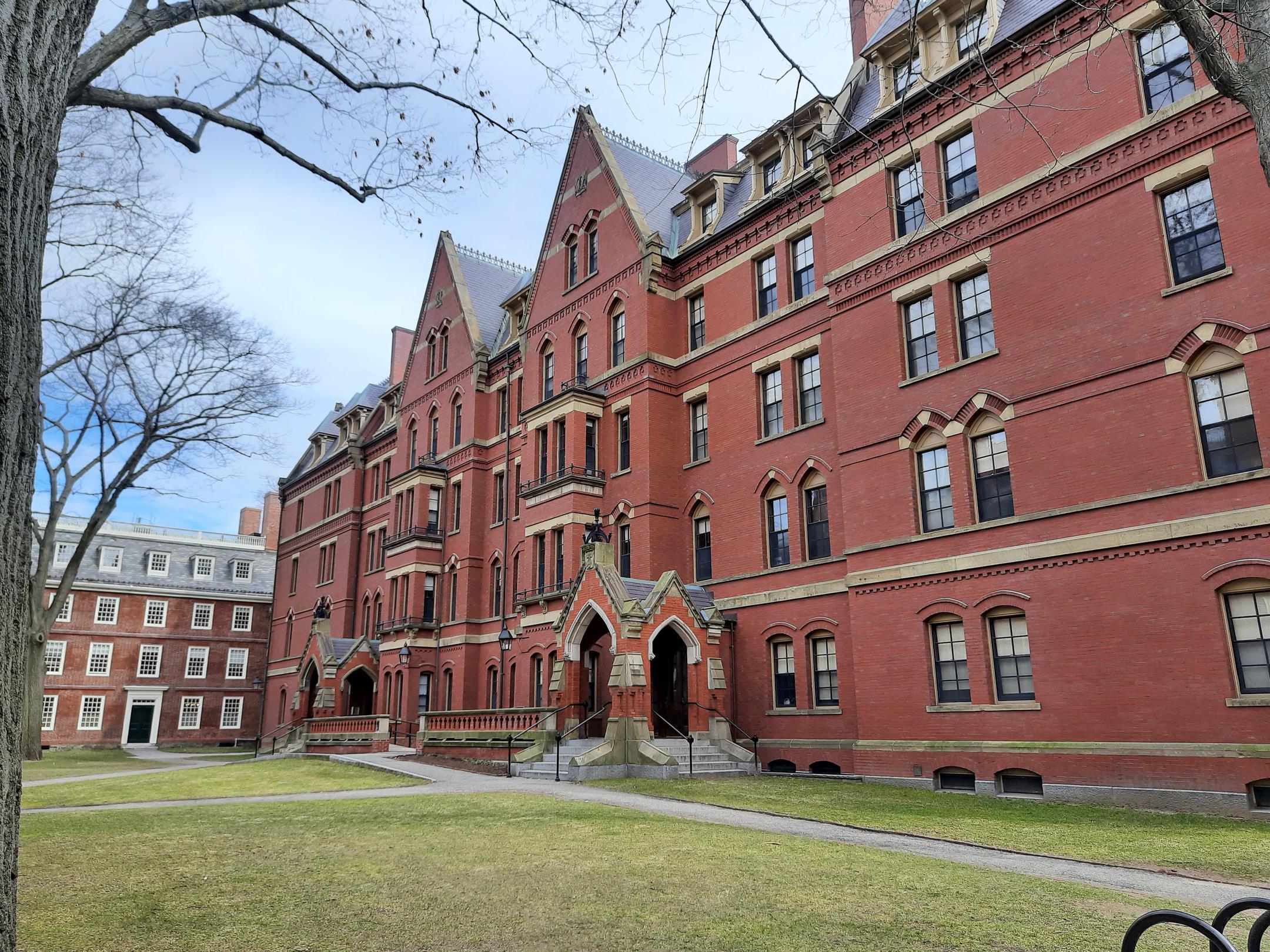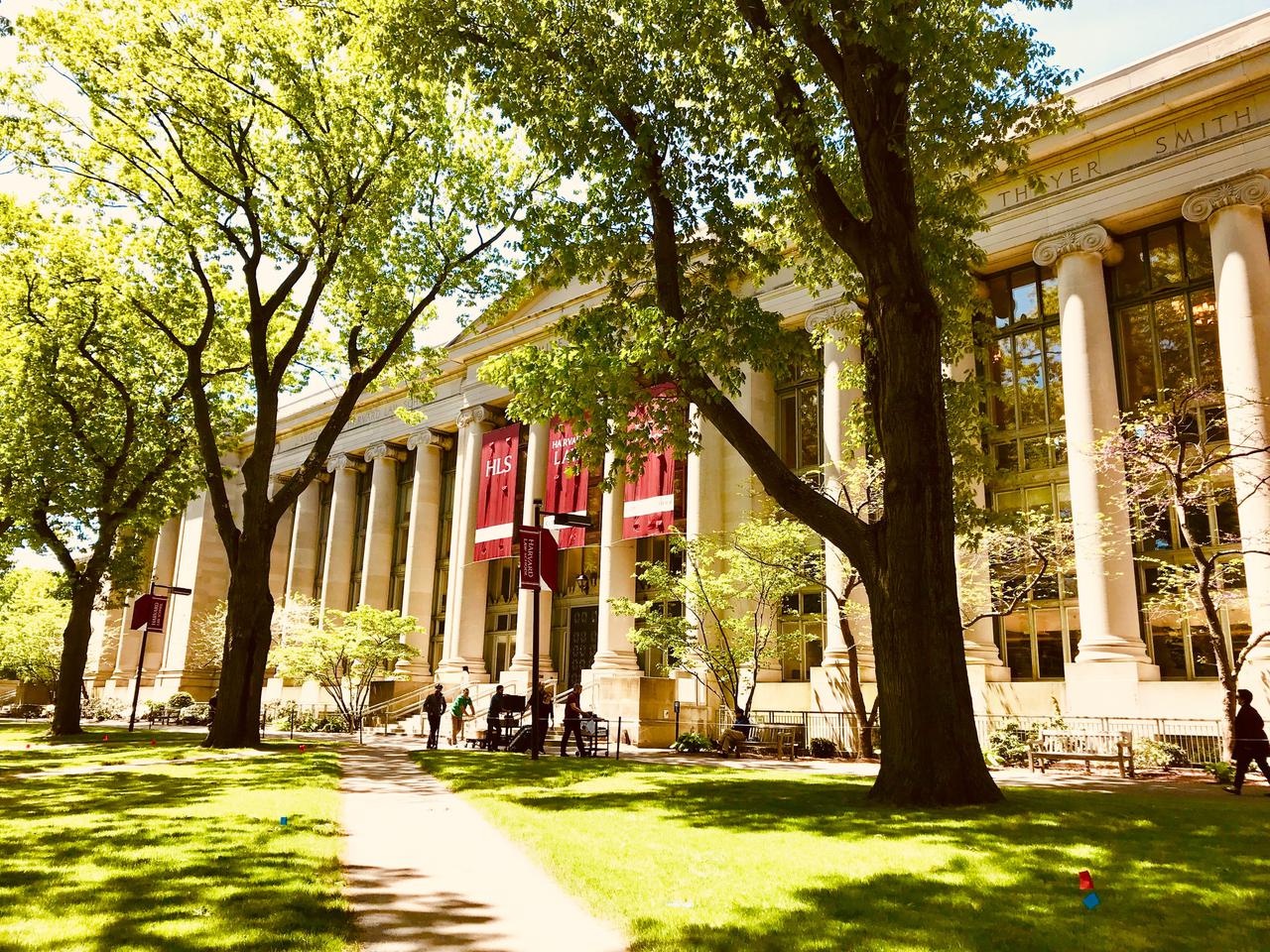
For many future college students, acceptance into an Ivy League school is their ideal path forward, but one that may seem almost impossible to achieve. It certainly is difficult; admission to these schools is extremely competitive, as the potential benefits of attending any of them are substantial. While there’s no way to truly reduce the difficulty of getting into an Ivy League school, there are steps you can take to give yourself the best shot possible.
Putting together a worthwhile application for an Ivy League school takes more time and involves more factors than most students may realize. It isn’t a process that begins as you’re starting to apply to colleges, but one that should start as early in your high school careers as possible. Class and exam scores are, of course, incredibly important, but they very likely won’t be enough on their own to get you into one of these schools.
Once you understand what your goal schools are looking for, you’ll have an easier time putting together an application that can get you into them. In this blog post, we’ll review three of the most important things for you to get started on now to improve your admissions chances, including early preparation, a dedicated effort to getting your school grades and test scores as high as possible, and a solid understanding of what makes each Ivy League school unique.
We’ve mentioned it a few times in this blog post already, but it can’t be overstated how significant it is for you to start preparing to apply to Ivy League schools as soon as you possibly can. It can take a substantial amount of time to align everything you’ll need to craft an application that can compete with those submitted by other applicants, making it paramount to give yourself the time you need to take each necessary step.
Early preparation involves more than just your scores in school. Being a competitive Ivy League candidate has a lot to do with bringing something unique to a school’s student body and making helpful connections. While it isn’t impossible to do this over a fairly short period of time, giving yourself a few years to develop these connections, research the schools you’re most interested in, and find your path forward can make the process easier and less stressful.
Good grades are, of course, a clear prerequisite for getting into any Ivy League school. But just how good do they have to be?
On average, your best bet is to aim for a GPA of 4.0. The average GPA of each school’s student body varies and isn’t always necessarily this high, but generally, a competitive candidate will be expected to be an academically top-performing one.
It’s also worth mentioning, though, that high grades won’t always tell the full story. Ivy League admissions officers understand this, and as a result, they won’t necessarily just be looking at your scores. If you took challenging, AP-level classes throughout your time in high school, you may be able to get away with a few high B-grade scores.
The SAT and ACT exams are also essential when it comes to Ivy League admissions. Do your research ahead of time in terms of average scores for applicants to the colleges you’re considering and aim to score as high as possible on these tests.

Creating a competitive application to an Ivy League school also means knowing what makes that school unique, and how you can add to that unique appeal as a member of their student body. This is important to take into account in your personal statement and for finding unique opportunities during your high school career that may make you a candidate of interest to your chosen schools.
Need help figuring out what to do to get into Ivy League colleges? Contact the education experts at Educational Attainment Services to find out how we can help.